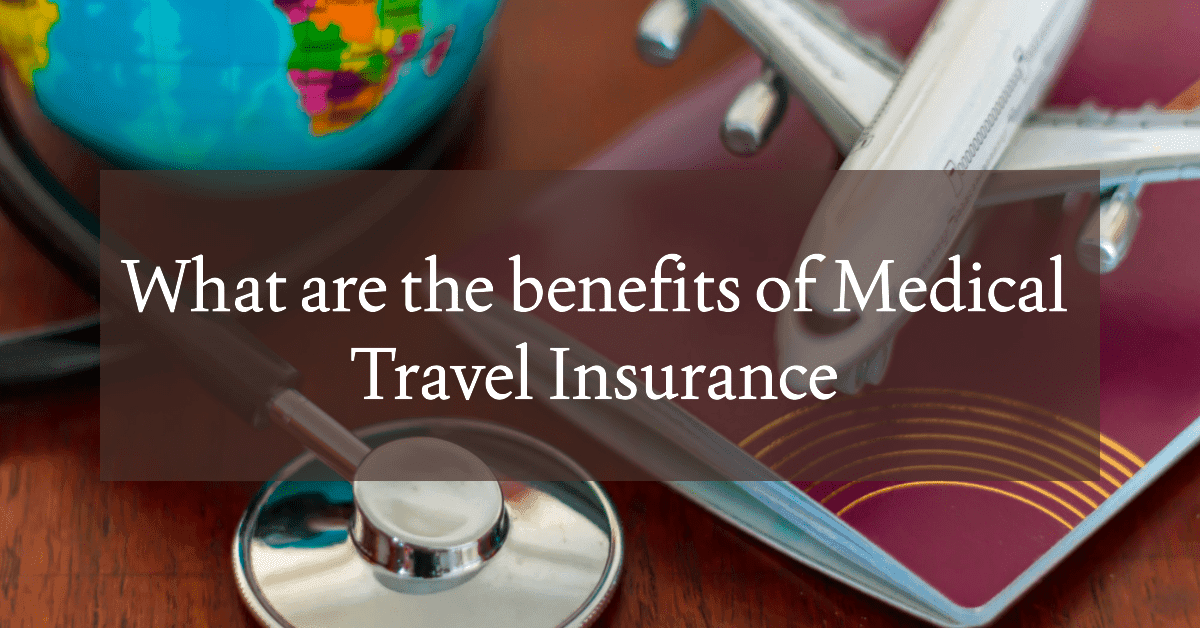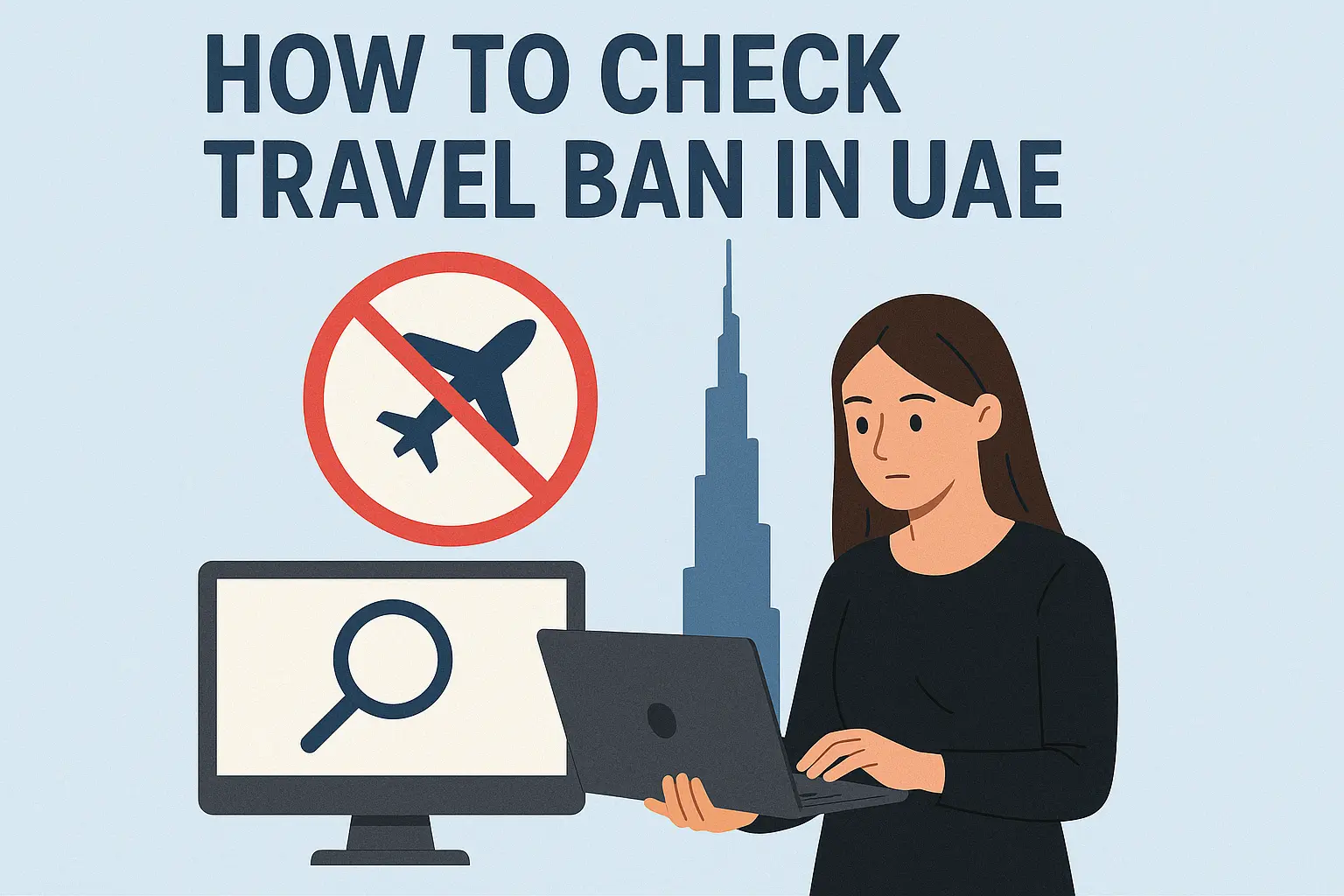Have you ever considered going to another country for a vacation, work, or to see new places? When you travel, it’s important to think about being safe and healthy, too. That’s where something called “Medical Travel Insurance” comes in.
Medical travel insurance protects you when you’re away from home, and something unexpected happens to your health. Imagine you’re exploring a new place, and suddenly, you get sick or hurt. That’s not a fun situation, right? But if you have medical travel insurance, you don’t need to worry too much about the money part if you have to see a doctor or go to a hospital.
In this blog, we will talk about all the good things that come with having medical travel insurance. By the end, you’ll know why it’s a smart idea to have
Top Benefits of Medical Travel Insurance

Coverage for Medical Expenses
Medical travel insurance is a type of insurance that covers unexpected medical expenses that may arise during a trip. This includes expenses for emergency medical treatments, hospital stays, surgeries, and prescription medications.
The specific coverage that is provided by medical travel insurance varies from policy to policy, so it is important to read the fine print carefully before purchasing a policy. However, some of the most common coverages include:
- Emergency medical transportation: This covers the cost of transporting you to a medical facility in case of an emergency.
- Hospitalization: This covers the cost of your stay in a hospital, as well as the cost of surgery and other medical procedures.
- Prescription medications: This covers the cost of prescription medications that you need while you are traveling.
- Pre-existing conditions: Some medical travel insurance policies cover pre-existing conditions, while others do not. It is important to check the policy carefully to see if your condition is covered.
- Dental and vision care: Some medical travel insurance policies will also cover dental and vision care, while others will not. It is important to check the policy carefully to see if these services are covered.
Medical travel insurance can be a lifesaver in the event of an unexpected medical emergency while you are traveling. It can help protect you from significant financial burdens and give you peace of mind, knowing that you are covered if something goes wrong.
Emergency Evacuation and Repatriation
Emergency medical evacuation (EME) pays for transporting you to the nearest suitable medical facility in case of a serious illness or injury while traveling. This can be a life-saving benefit, ensuring you receive the care you need as quickly as possible.
EME is important coverage to have, especially if you are traveling to a remote area or a country with limited medical resources. It can also be helpful if you have a pre-existing condition that could require specialized care.
Repatriation, on the other hand, is the process of returning a person to their home country. In the context of travel insurance, repatriation coverage pays for the cost of returning you to your home country in the event of a serious illness, injury, or death. This can include the cost of air transportation, ground transportation, visas and immigration fees, and funeral expenses.

Trip Cancellation and Interruption
Trip cancellation and interruption protect you against financial losses if you have to cancel or interrupt your trip for a covered reason. Covered reasons typically include:
- Illness or injury to you or a traveling companion
- Death of a family member
- Job loss
- Jury duty
- Natural disaster
- Travel Advisories
Trip cancellation insurance will reimburse you for non-refundable travel expenses, such as airfare, accommodations, and tour costs. It will also reimburse you for these expenses and the additional expenses incurred if you have to stay longer at your destination or change your travel plans.
The reimbursement you will receive for non-refundable trip expenses will depend on the specific policy you purchase. However, most policies will reimburse you for 100% of the cost of these expenses.
This coverage can be valuable in a variety of situations, such as when you get sick and are unable to travel, a family member dies and you need to return home, you lose your job and can no longer afford to travel, or there is a natural disaster in your destination and your travel is canceled.
Pre-existing Medical Condition Coverage
Most travel insurance policies will not cover any medical expenses related to a pre-existing condition. However, some policies may offer coverage or waivers for pre-existing conditions if certain conditions are met.
These conditions may include:
- You must have been diagnosed with the pre-existing condition at least 12 months before you purchased the policy.
- You must have been stable and symptom-free for at least 6 months before you purchased the policy.
- You must provide proof of your pre-existing condition from your doctor.
Some travel insurance policies will offer waivers for pre-existing conditions. This means you will not have to pay any additional premium for your pre-existing condition coverage. That is why it is important to disclose all of your medical conditions, including pre-existing ones when applying for travel insurance. The insurance company may deny your claim if you do not disclose a pre-existing condition.

24/7 Assistance Services
Many medical travel insurance companies offer 24/7 assistance services to their customers. These services can be invaluable in a medical emergency while traveling.
The specific services offered vary from company to company, but they typically include:
- Medical advice: This can include providing information about local hospitals and clinics and translating medical terminology.
- Locating medical facilities: This can help you find the nearest appropriate medical facility, even if you are in a remote area.
- Language translation: This can help you communicate with medical professionals if you do not speak the local language.
- Coordination with family members: This can help you stay in touch with your family and friends and let them know about your situation.
- Emergency evacuation: This can help you get to a hospital in another country if necessary.
I highly recommend choosing a policy offering 24/7 assistance services if you are considering travel insurance. These services can be invaluable in the event of a medical emergency, and they can help you get the care you need quickly and efficiently.
Conclusion
Going to new places is amazing, but being prepared is super important, too. With medical travel insurance, you can explore without extra worries. You know you’re covered if you get sick, need a doctor, or have a little accident. Your focus can stay on having fun and making memories.
So, before you pack your bags for the next adventure, think about packing some medical travel insurance, too. It’s like packing peace of mind. Stay safe, stay curious, and keep exploring the world!







